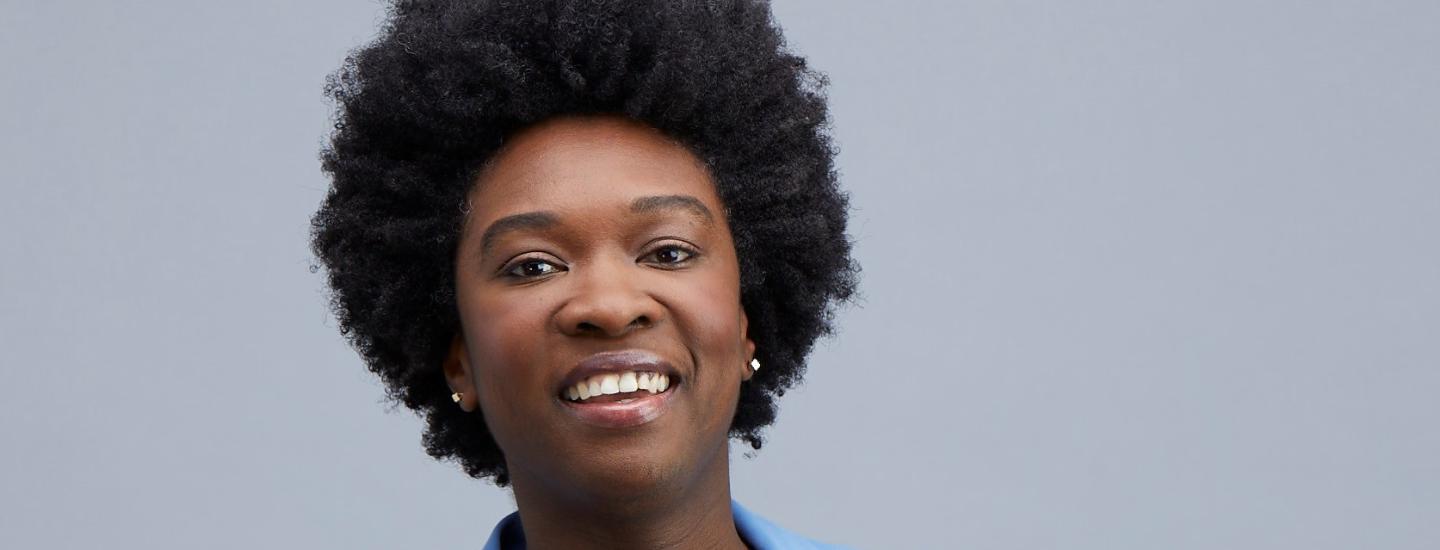
By removing creative writing from a strictly academic setting, the possibilities now and into the future are endless. For me, it’s a kind of freeing and democratizing of creativity...
“My artistic sensibilities were born in Saint Lucia, in oral folk traditions” says Canisia Lubrin. “Every night, my grandmother’s folktales would usher me into a life of storytelling.” Canisia, who teaches our Poetry and Creative Writing courses, is a writer, editor, poet, and critic, who has been involved in arts administration and community advocacy for almost two decades. “I approach my classrooms as I do my work: with a sense of curiosity, a commitment to discovery, and a mission to expand the possibilities of literature” she says.
Her most recent collection of poetry, titled Voodoo Hypothesis, landed Canisia on multiple lists, including CBC’s Six Black Canadian Writers to Watch in 2018. “My writer mind is always active and alive; writing is how I live. My other passion is teaching” she says. Canisia feels that teaching is less about sharing her vision, and more about guiding learners through their own visions. She has taught retired grandmothers, learners right out of high school, and professionals in the height of their career, all of whom had the work in them, and just needed the nudge to put pen to paper. “Once they commit to starting the creative process, the path is already laid” she says.
Canisia, who holds a Master of Fine Art in Creative Writing, is currently working on a variety of projects, including another collection of poetry, some short stories, a novel, and a book of essays. She also plans to explore more teaching opportunities, and appreciates the mix of learners and perspectives in her classroom. “I think the richness of diversity at SCS bodes well for the health of literature in this world. The beauty of creative writing in a continuing education setting is that everyone can access it” says Canisia. “By removing creative writing from a strictly academic setting, the possibilities now and into the future are endless. For me, it’s a kind of freeing and democratizing of creativity.”
